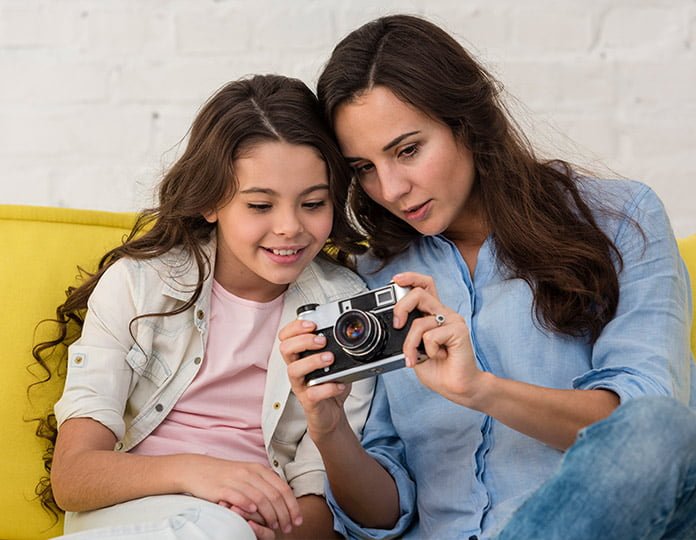To protect your child from getting abused, talk with them about it, in ways they will understand, even if you find it awkward. Yes, it can be uncomfortable. But, you can and have to do it – just like you talk to them about anything else. You need to talk about it, a lot. Because if parents are uncomfortable talking about sexual abuse, or saying the word vagina or penis, that opens up a door for someone else to get in there.
If you don’t have that conversation with your kids, if you do not protect your child from this, somebody else will frame that conversation. Also, the way you are talking to them is another important thing. Abusers not only target the kids but parents. First, they gain your trust and then they slowly start abusing your child. Then they tell the kids “It is our secret” and the child does not understand what is happening. So, before any such thing happens, talk to your child, make them understand these things, and prepare them to respond.
Perpetrator reframes the lessons you are teaching to your child, they manipulate and control your child. For let’s say, your child, who is 9 years old has said something you didn’t want to hear or you didn’t like and in response, you say “Don’t say anything if you can’t say something nice”. This kind of response lets the perpetrator get the idea that you do not respond to your child properly or you don’t let your child speak.
The perpetrator may also get the idea you are not very attentive when it comes to your child’s words and the child needs a good listener. Or, the other case would be the perpetrator may think that your child is not allowed to say a lot at home. So, the perpetrator knows what you’re teaching to your kids and they use that against them.
It has been seen in the research that the majority of children are abused by somebody that they know and is typically a trusted adult in their life. A pedophilic person may try to lure and manipulate your child by showing his pseudo-care and additional rewards. In exchange for this, he/she may exploit your child and take advantage of him/her. As a result of the above things, a parent should carefully choose the way to teach the young ones. So that it breaks down the barrier of fear between telling the truth to his parent and keeping quiet.

Most of the time children do not understand that they are falling prey to abuse. They often lack the proper vocabulary or the right words to tell what is happening to them. And because they are unable to explain to anyone about the abuse, they continue to become victims of abuse. When the situation is out of hand, parents say “Beta, why didn’t you tell us?”. Do you think a child would need such a response? The abuser may have threatened the child.
It is still not too late to talk about it with the child. It would be best to use any opportunity that comes up naturally to give little snippets of information. Most importantly, start by telling them the importance of consent. It is also important to teach the kids about sexual parts, and who can touch their body parts and who cannot. Then tell them that even if somebody says that he/she loves you, there are certain limits to showing love. And if anyone crosses those limits you have to tell your parents.
Assure them that you will listen and trust them. Tell them that certain behaviours are abusive in nature. After that tell a little about abusers too, about the tactics they use to lure the child. For example, asking the child to maintain a secret by emotional blackmail or giving expensive gifts, etc. Another very important thing that you should teach is the importance of saying “No”, not only to strangers but to known members.
Tell them to speak up if they do not like anything. Tell your kid that we do not keep secrets in the family and share everything. This is how they will learn to open up and talk about each little thing. These are some of the ways through which we can improve child protection and it will eventually; enable children to express themselves more freely.
The way parents respond to their children dictates whether they find them safe to open up or not. And if they don’t, they suppress the feelings instead of opening up. Children need to know that they can come to you with anything and be met with love. These parenting strategies promote a good parent-child relationship and provide a safe environment for children to grow up in.